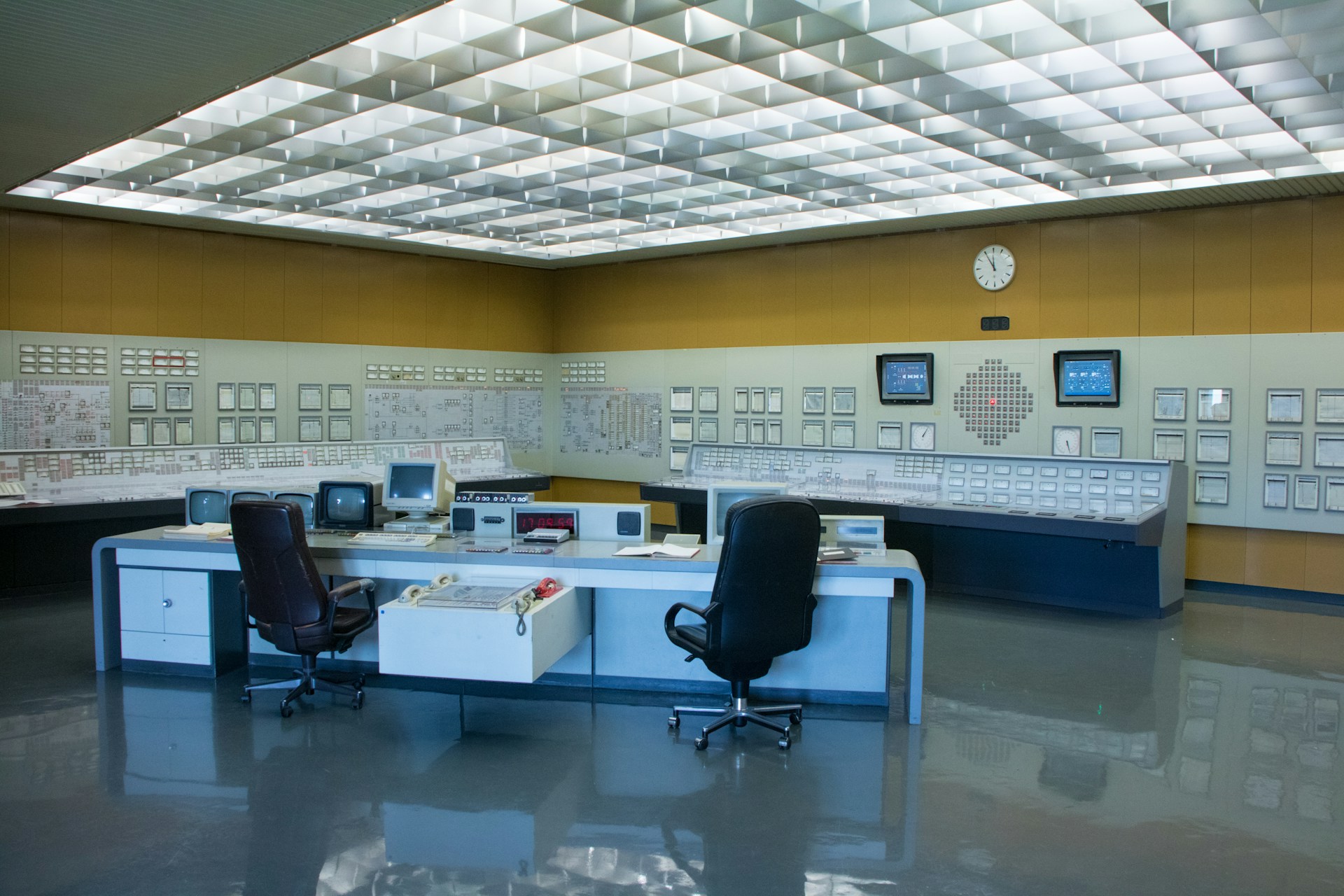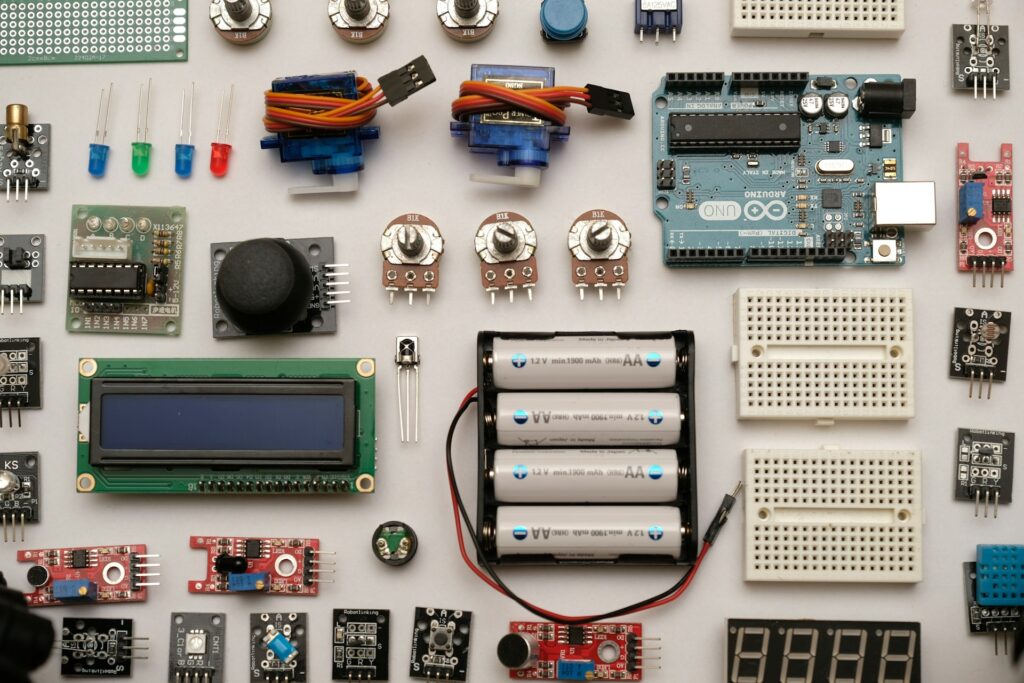Westinghouse’s eVinci micro-reactor project now has progressed in its development with the submission of its Preliminary Safety Design Report (PSDR) to the U.S. Department of Energy’s National Reactor Innovation Center (NRIC). The Front End Engineering And Experiment Design (FEEED) is followed by testing at the Idaho National Laboratory (INL).
Jon Ball is president of the eVinci Technologies at Westinghouse, he stated;
“This PSDR submission is a critical step to bringing the Westinghouse eVinci micro-reactor to commercial operation. We are targeting deployment of multiple eVinci micro-reactors across the world by the end of the decade,”
The eVinci micro reactor, which is basically a portable self-sufficient nuclear power module, has a thermal output of 15 megawatts and a maximum electric power output of 5 megawatts. Thus it is an energy supply that gives room for flexible and adaptable with especially when it comes to the need for stand alone energy units and hard to reach sites as military bases, remote villages and some industrial activities.
Brad Tomer, acting director of NRIC, highlighted how important this development and the move to the next stage of development is by stating,
“The completion of the PSDR for the eVinci test reactor is an important step towards enabling a micro-reactor developer to perform a test in our DOME facility,”
The reactor’s design features heat pipe technology, which does away with the need for traditional coolant systems, reducing complexity and enhancing safety. Safety features also include accident-tolerant fuel and heat removal systems. Westinghouse’s collaboration with the DOE and INL will continue to accelerate the project’s progress towards testing, which is believed to begin as early as 2026.
The potential of small modular reactors to offer clean, reliable energy in challenging environments is one of the key take-aways from this project. The global rollout of eVinci micro-reactors could contribute significantly to reducing carbon emissions while providing scalable energy solutions to faraway and hard to reach regions.

Hassan graduated with a Master’s degree in Chemical Engineering from the University of Chester (UK). He currently works as a design engineering consultant for one of the largest engineering firms in the world along with being an associate member of the Institute of Chemical Engineers (IChemE).



